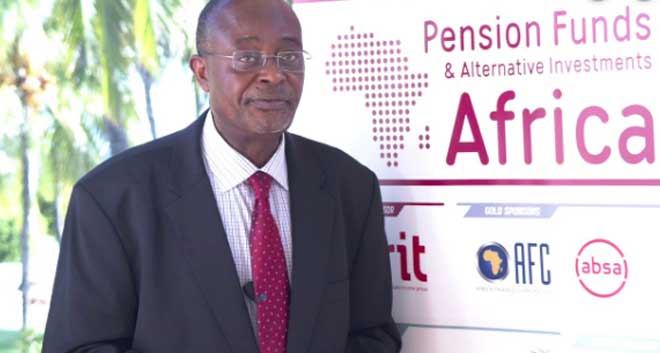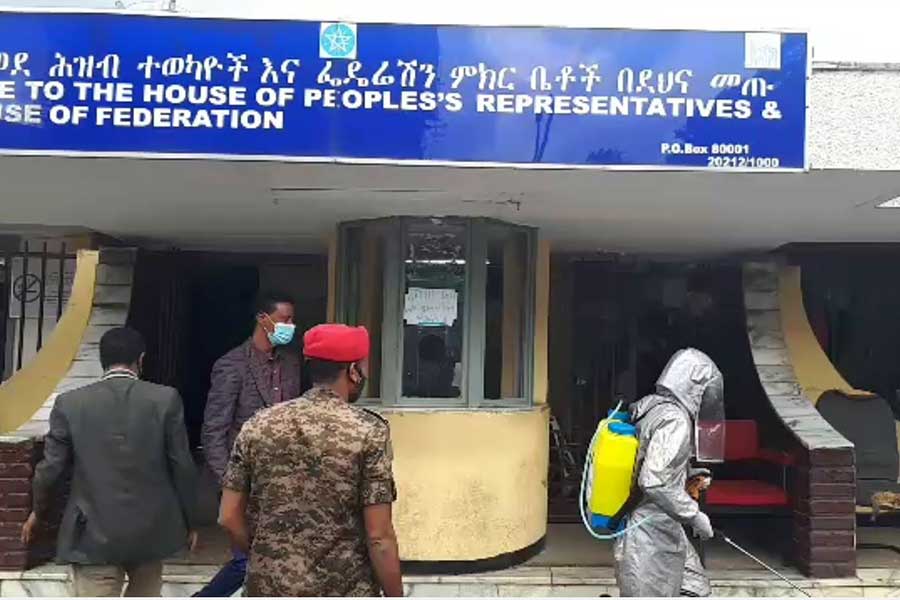
Fortune News | Mar 25,2023
Apr 10 , 2021
By Leilt Eshetu
Just like a daily routine – think drinking coffee – the news of the death of our fellow citizens stripped away of their dignity has, unfortunately, become normalised.
It has become too familiar these days. Every time something hard to fathom happens, we read regular press releases: “Rest in Peace”, “We will keep you in our prayers,” and even “Long Live Ethiopia.” Instead, what we needed was and remains to be clarity from those with state power.
Where is the Attorney General or other relevant investigating bodies explaining exactly what happened and who is being held to account for these atrocious crimes and giving detailed accounts instead of vague references here and there? What happened to our parliament and officials? How come they are not asking for clarity? Who will be paying the price for the lost souls of Ethiopian children, women and men?
The past three years were supposed to be a time of transition from an unstable, violent and non-democratic system to a steadier one, filled with hope and peace. Most Ethiopians in the diaspora moved back excited by the prospect of serving their country and joining the wide-ranging democratic reforms that were proposed.
Instead, the transition has been filled with constant turmoil and uncertainty in which the ugly side of Ethiopia has reared its face. Of course, it would have been naïve to expect a smooth and easy transition. But this does not mean that it must consume us. Those that hold state power were supposed to mitigate the blowback from the seeds we sowed in the past, with the hope of avoiding a bleak future.
The government must not forget its social contract; the pillar for establishing a state. Citizens pay their taxes and relinquish personal freedoms – especially in times of states of emergency – so that the government provides security and protection. A government has an agreement with its citizens; if it is broken, it will be hard for either one to exist.
Ill-fated Ethiopians are sadly still suffering from the implications of a broken social contract. We are left without peace, a worsening economy due to inflation and courts too weak to protect the vulnerable.
Worse still, it is confusing to see fellow Ethiopians relatively undisturbed because no one is taking or claiming responsibility for the lives lost. We seem to be systematically desensitised to violence. The shame in the nail-biting when someone asks, ‘Who did it?’ is getting old like the country itself.
The combined failures of the government to act proportionally and the silent majority to speak up against injustices have meant that we have succumbed to trivial bickering and political jostling. We are all the while avoiding the main issue: building inclusive and equal citizenship in Ethiopia. It is easy to be silent and pessimistic, covered with the stench of disintegration, than to discuss how we can rebuild our tittering systems and institutions, bring about accountability and protect our most vulnerable.
Are we not ashamed enough? Have we not humiliated ourselves thoroughly? Do we not deserve better? Have we truly become a lost generation? Or is this just politics?
We must wake up and smell the stench of the dead bodies that have infested our lands. The stakes are high this time around. We also have no one to blame except ourselves if we do not fight for the change we had believed in three years ago.
There may yet be a way out for us. The finger-pointing has gone for long enough. Let us start putting our words where our mouths are by voting, a possible step in helping us move in the right direction. By choosing those we want to serve us – or the closest thing to them – we can finally start drafting the social contract that we have been envisioning for long. Thus, enough with the complaining and just go vote.
PUBLISHED ON
Apr 10,2021 [ VOL
22 , NO
1093]


Fortune News | Mar 25,2023

Editorial | Mar 11,2023

Radar | Oct 01,2022

Exclusive Interviews | Nov 23,2019

Radar | Mar 20,2021

Fortune News | Aug 22,2020

Advertorials | Mar 13,2019

Viewpoints | Jan 03,2021

Commentaries | Jul 20,2019

Radar | Aug 08,2020

My Opinion | 131981 Views | Aug 14,2021

My Opinion | 128369 Views | Aug 21,2021

My Opinion | 126307 Views | Sep 10,2021

My Opinion | 123925 Views | Aug 07,2021

Dec 22 , 2024 . By TIZITA SHEWAFERAW
Charged with transforming colossal state-owned enterprises into modern and competitiv...

Aug 18 , 2024 . By AKSAH ITALO
Although predictable Yonas Zerihun's job in the ride-hailing service is not immune to...

Jul 28 , 2024 . By TIZITA SHEWAFERAW
Unhabitual, perhaps too many, Samuel Gebreyohannes, 38, used to occasionally enjoy a couple of beers at breakfast. However, he recently swit...

Jul 13 , 2024 . By AKSAH ITALO
Investors who rely on tractors, trucks, and field vehicles for commuting, transporting commodities, and f...

Jul 5 , 2025
Six years ago, Ethiopia was the darling of international liberal commentators. A year...

Jun 28 , 2025
Meseret Damtie, the assertive auditor general, has never been shy about naming names...

Jun 21 , 2025
A well-worn adage says, “Budget is not destiny, but it is direction.” Examining t...

Jun 14 , 2025
Yet again, the Horn of Africa is bracing for trouble. A region already frayed by wars...

Jul 6 , 2025 . By BEZAWIT HULUAGER
The federal legislature gave Prime Minister Abiy Ahmed (PhD) what he wanted: a 1.9 tr...

Jul 6 , 2025 . By YITBAREK GETACHEW
In a city rising skyward at breakneck speed, a reckoning has arrived. Authorities in...

Jul 6 , 2025 . By NAHOM AYELE
A landmark directive from the Ministry of Finance signals a paradigm shift in the cou...

Jul 6 , 2025 . By NAHOM AYELE
Awash Bank has announced plans to establish a dedicated investment banking subsidiary...